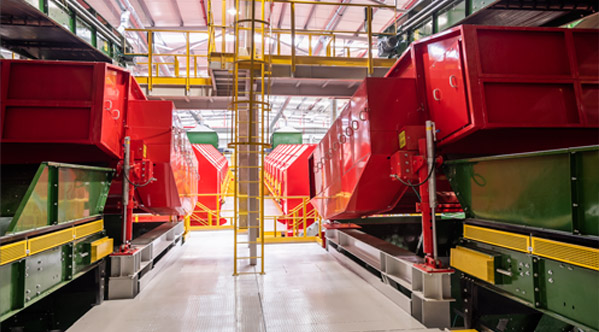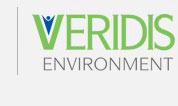Waste Sorting
Cost savings and maximum output in the recycling process depend on efficient waste sorting.
Veridis is committed to the development and improvement of sorting solutions. Advanced processes enable identifying, separating and preparing waste materials for industrial and agricultural reuse. Our MRFs meet strict international standards.
Veridis’ recovery solutions are based on high-tech processes and innovative equipment:
- Optical devices for extracting PET, HDPE
- Optical devices for extracting non-transparents
- Optical devices for extracting cardboard and paper
- Magnetic separation of metals and other devices for separation of non-metals
Our Materials Recovery Facilities (MRFs) handle and recycle a range of materials, including plastic bags, PET and HDPE, paper and cardboard, metals, non-metals and various types of plastic (PP and LDPE).
Afula Waste Sorting Facility
Veridis’ Afula Waste Sorting Facility has been the first waste recovery plant in Israel establishing has established new standards in Israel for separating materials and making them available for reuse.
The facility receives nearly 800 tons of waste each day, and consistently manages to reclaim a remarkably high percentage of waste for reuse. The output is marketed to industrial plants for use in advanced manufacturing processes.
Nowadays, Veridis is completing the erection of a new and upgraded waste sorting plant which is designated to replace the old plant.
For additional details, please contact Nati Lev nati_l@groupve.co.il
The NEW Waste Sorting Facility in Afula
Veridis is establishing a new MSW material recovery facility in Afula which is estimated to start its commercial operation during the second half of 2021. The new plant is one of the largest plants in the world equipped with the most advanced technologies for waste separation. The new plant is design to extend the waste incoming capacity and to reach a rate of more than 1,500 tons of waste each day. The new plant follows the the MoEP Waste Strategy and it is complies with the most strict environmental standards.

RDF – Solid Fuels
Veridis is a pioneer in developing and applying technologies for the production of solid fuels in Israel.
Solid recovered fuel (SRF), also known as refuse-derived fuel (RDF), is dry, non-hazardous waste used as alternative fuel in energy production plants. Among other things, RDF can be used as a fuel for co-incineration in facilities such as cement plants furnaces and coal-fueled power plants.
Veridis’ innovative technologies achieve a dual goal: recovering waste to protect the environment, while helping to meet Israel’s growing energy needs.
RDF technology reuses significant quantities of municipal and non-hazardous industrial and commercial waste. This saves the costs of waste treatment and landfilling, providing a cleaner environment. The fuels feed production processes in key industries, supplying the growing demand for affordable energy.
For further information, please contact – info@groupve.co.il
RDF Hiriya
Veridis’ materials recovery facility at Hiriya is one of the largest, most advanced RDF plant in the world. It is also the first in Israel to implement RDF from household waste technology.
- The facility handles 650,000 tons of waste annually, 80% of which is municipal waste, with the remaining 20% being non-hazardous commercial and industrial waste.
- The RDF is an efficient and clean substitute for polluting fossil fuels (petcoke).
- 25% of the facility’s output will be used as alternative fuel at Nesher Israel Cement Enterprise in Ramla.
The facility is saving the emission of 165,000 tons of CO2 annually, an amount equivalent to the annual emissions of about 33,000 vehicles.
The waste transferred to the facility is estimated to have an average calorific value of 2,100 kcal/kg, with 40% moisture content. After sorting and processing, Veridis’ RDF calorific values reach over 4,000 kcal/kg, with less than 22% moisture content.
For further information, please contact – info@groupve.co.il
Innovative technologies at Veridis’ waste sorting facilities ensure reuse of a high percentage of the waste materials, at levels that equal those of the world’s top performing plants
